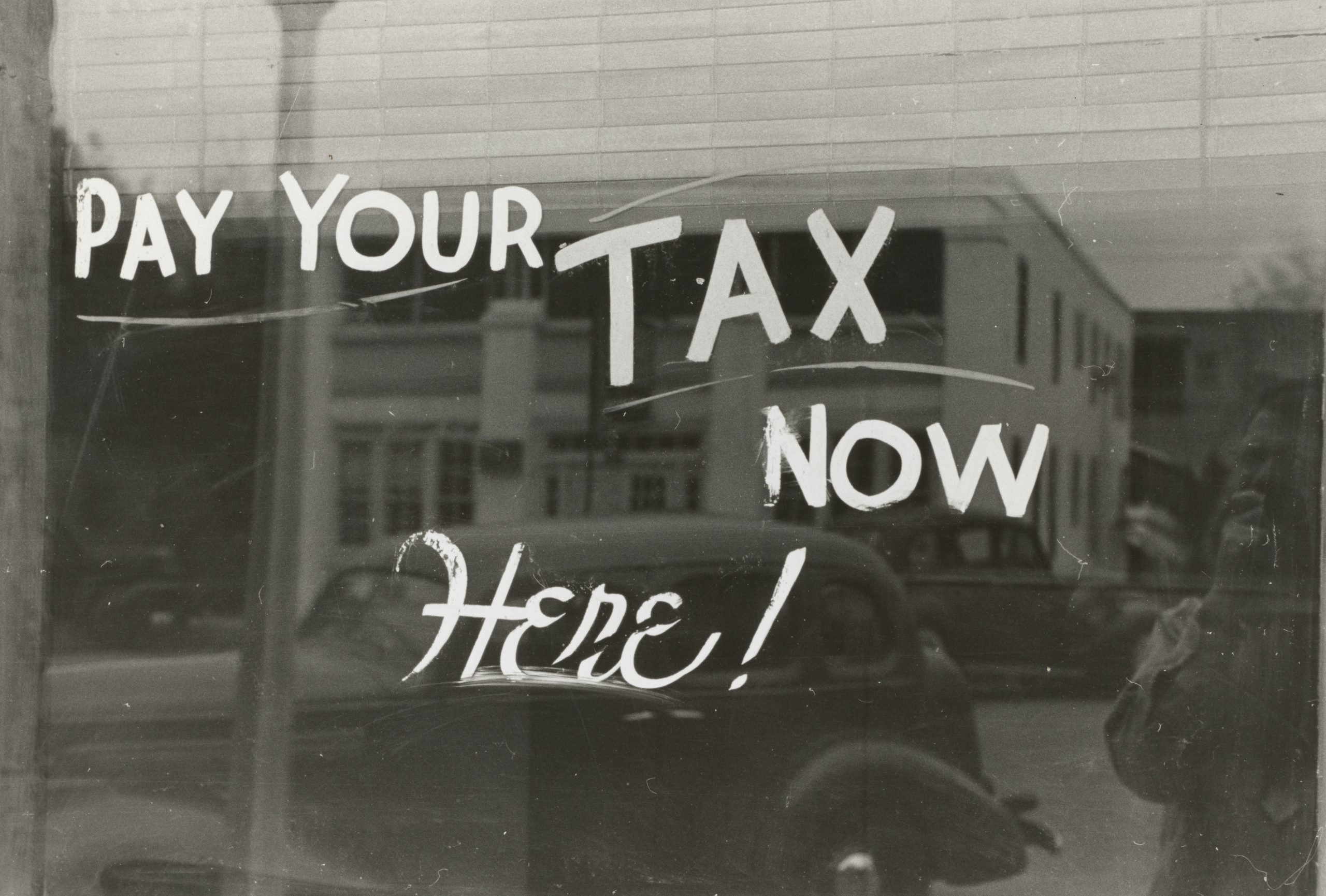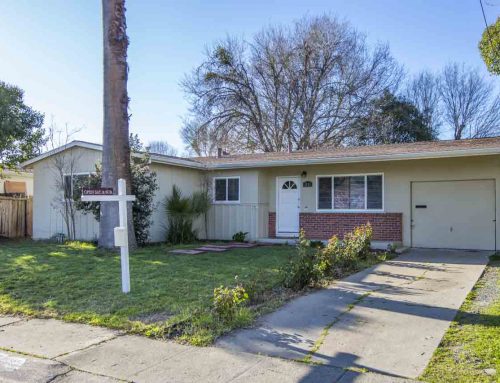What is Prop 19 in Contra Costa?
Prop 19 goes into effect on April 1st, 2021 in Contra Costa. Prop 19, for property tax portability, will augment what we already know to be Propositions 60 and 90. Call Catherine Myers if you want to buy or sell in conjunction with the implementation of Proposition 19. Here is a quick recap of how Prop 19 will change the property tax portability rules:
How does Proposition 19 change the rules on tax basis portability?
Prop 19 allows a homeowner who is 55 years of age or older, severely disabled or whose home has been
substantially damaged by wildfire or natural disaster to transfer the taxable value of their primary residence
to: a) a replacement primary residence anywhere in the state, b) regardless of the value of the replacement
primary residence (but with adjustments if replacement has a greater value), c) within two years of the sale
and d) up to three times (or as often as needed for those whose houses were destroyed by fire).
The prior rule limited this exemption to a one-time transfer within the same county (Prop 60) or between
certain counties (Prop 90) and only if the replacement property was of “equal or lesser value.”
There are many folks over 55 years old in their long time homes with a very low property tax basis. Since, with Prop 13, property taxes can only raise 2% a year, it could be a SUBSTANTIAL hit if one were to move from a long time home, to a new one where a brand new property tax amount would be reassessed at the PURCHASE price of the home.
Here are some Q & A’s to help you understand how Proposition will work in Contra Costa County, and beyond:
When does the tax basis portability portion of Prop 19 take effect?
April 1, 2021
Can someone buy/sell now and take advantage of the tax portability benefits before April 1, 2021?
There is no definitive answer in the law. Although, we believe that the tax benefits under Prop 19 will apply to
transactions where either the sale or purchase of a primary residence takes place before April 1, 2021, as long
as the subsequent sale or purchase takes place within two years and occurs on or after April 1. If you have a
client who wishes to obtain the tax benefits of Prop 19 for a transaction that closes prior to April 1, 2021,
whether it is buying or selling a property, the client should be encouraged to seek the advice of a qualified
California real estate attorney or tax advisor.
If the replacement property is of equal or lesser value, does the tax basis of the replacement property
change?
No. The taxable value of the original property may be transferred and become the taxable value of the new
one.
If the replacement property is of greater value, how is the new taxable value calculated?
The new taxable value is calculated by adding the difference between the full cash value of the replacement
property and the original property to the original taxable value. For example, if a seller of an original property
has a $300,000 taxable value and a full cash value of $1M and then buys a replacement property for $1.5M,
the taxable value of the replacement property would be $800,000.
Can a replacement property be purchased prior to the original primary residence being sold?
Yes. This is how the current rule under Prop 60 works, and Prop19 uses nearly identical language.
There is another part of Proposition 19 which affects the rules on intergenerational transfers to children or grandchildren (separate from the property tax portability question):
How does Prop 19 affect the rules on intergenerational transfers to children or grandchildren?
It limits the exemption to those properties where the primary residence continues to be used as a family
home by the child or grandchild transferee. If so, the taxable value will remain the same, subject to some
upward adjustments if the property value, at the time of transfer, is more than $1M over the original tax basis.
If the property is more than $1M over the original tax basis, what is the new taxable basis?
The new taxable basis will be the assessed value of the property at time of transfer minus $1M.
When do these new rules on intergenerational transfers apply?
February 16, 2021.
Where may a claim to transfer a tax basis be made?
Claims may be made with forms provided by the local county assessor’s office







